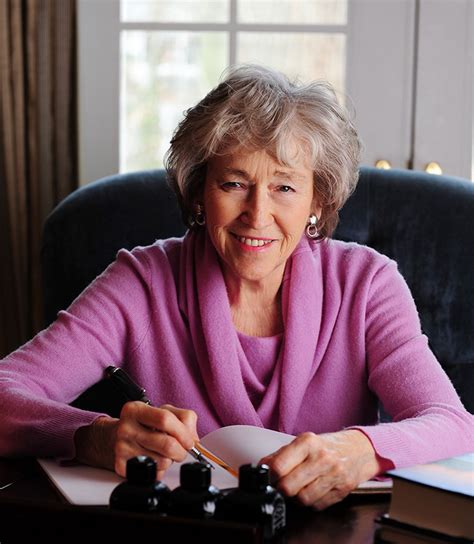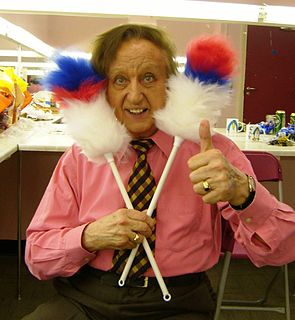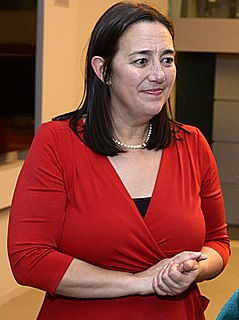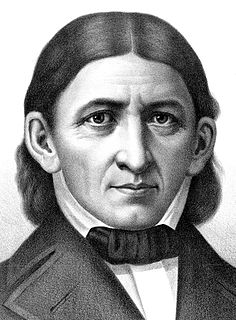A Quote by Dick Strawbridge
I had an idyllic childhood with the freedom to go and play.
Related Quotes
The stories my pupils told me were astonishing. One told how he had witnessed his cousin being shot in the back five times; another how his parents had died of AIDS. Another said that he'd probably been to more funerals than parties in his young life. For me - someone who had had an idyllic, happy childhood - this was staggering.
Play is the highest expression of human development in childhood for it alone is the free expression of what is in a childs soul.”• “Play is the highest level of child development . . . It gives . . . joy, freedom, contentment, inner and outer rest, peace with the world . . . The plays of childhood are the germinal leaves of all later life.”• “Children are like tiny flowers; they are varied and need care, but each is beautiful alone and glorious when seen in the community of peers.
What was on the agenda was school and social life and those kinds of things. So I was the middle of five kids. So I had the great advantage of being able to play up to the older kids and play down to the younger kids and I think that's part of what propelled me to become a teacher at some point in my life. But it was a comfortable childhood. It was a privileged childhood.



































